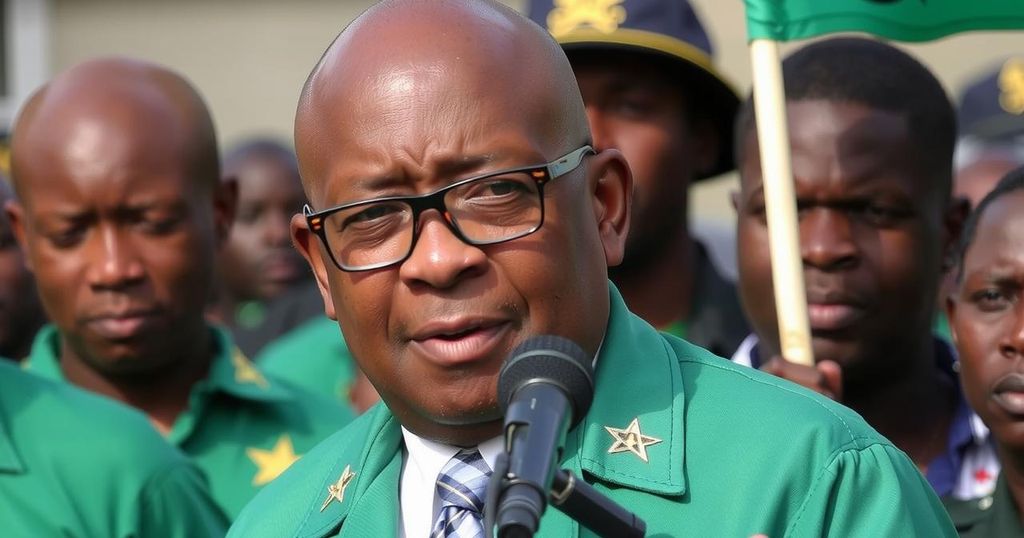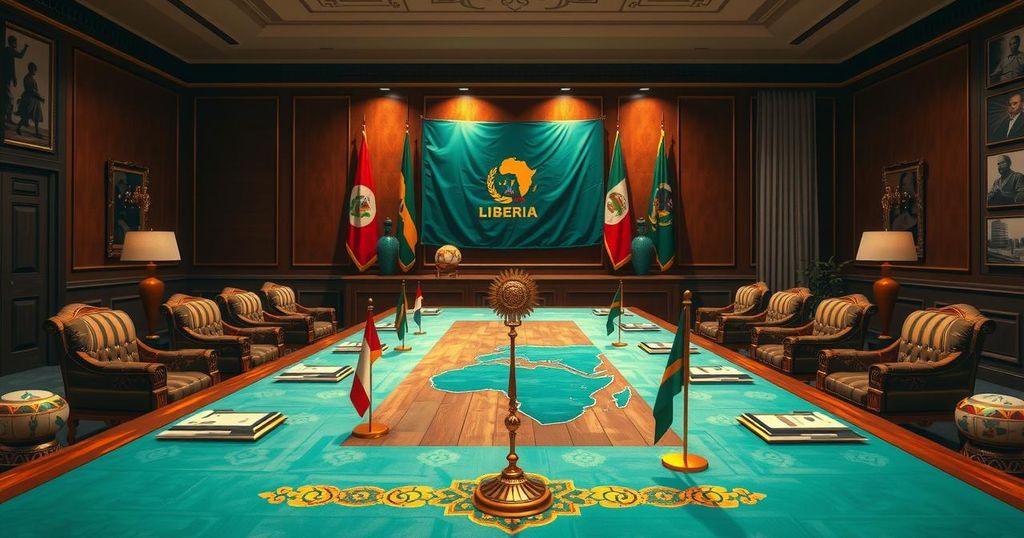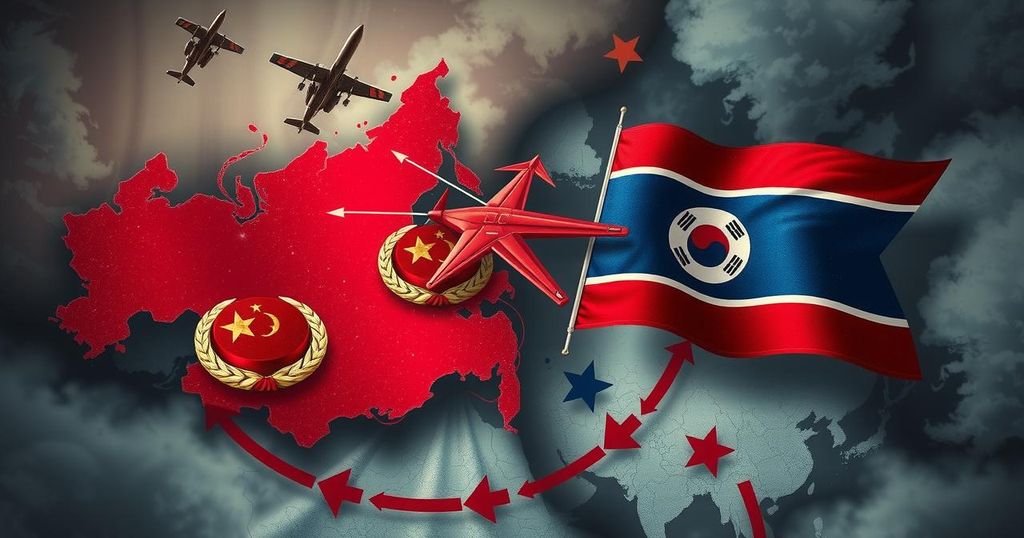Mozambique Opposition Leader Venancio Mondlane Returns Amidst Political Turmoil
Venancio Mondlane, the opposition leader of Mozambique, returned from self-exile, claiming victory in the disputed October election. His arrival sparked public enthusiasm but was met with police force, deploying tear gas on his supporters. The Frelimo party’s claim of electoral victory has been widely criticized, leading to protests and violence resulting in many deaths, posing significant challenges for Mozambique’s political future.
On Thursday, Mozambique’s opposition leader, Venancio Mondlane, made a bold return from self-imposed exile, asserting that he emerged victorious from the contentious election held in October. However, the atmosphere turned chaotic as security forces deployed tear gas to disperse the large crowd of supporters gathered at Maputo airport to welcome him. Mondlane has consistently alleged that the October 9 election was manipulated, leading to mass protests resulting in significant casualties and unrest throughout Mozambique. His return comes at a time when tensions remain high and the legitimacy of the electoral process is widely disputed.
Upon returning, Mondlane firmly declared, “My return does not result from any political agreement. My return is a unilateral decision to be in Mozambique.” He expressed that his choice to return was motivated by a desire to demonstrate that he did not leave out of fear after reportedly receiving threats against his life following the election. Despite only receiving 20% of the vote, Mondlane passionately proclaimed, “I, Venancio Mondlane, (am the) president elected by the Mozambicans,” underscoring his belief in his rightful claim to leadership despite the official results.
As Mondlane attempted to make his presence felt, thousands of his supporters gathered in raucous celebration, only to be met with a swift response from riot police using tear gas to break up the crowd. Reports indicate that snipers were stationed on surrounding buildings, heightening the tense atmosphere. The ongoing violence in Mozambique has been exacerbated by the electoral commission’s declaration of victory for ruling Frelimo party candidate Daniel Chapo, who is scheduled to be inaugurated next week amid claims of electoral fraud and reports of the election not being free or fair.
In the wake of the disputed election, civil society organization Plataforma Decide reported over 278 fatalities attributed to the ensuing violence, which has also severely disrupted economic activity and cross-border trade with South Africa. Given that Frelimo has maintained power since the end of colonial rule in 1975, Mondlane’s defiant stance and return may serve to galvanize further protests and instability within the region. This precarious situation continues to elicit concerns over the future direction of Mozambique’s governance and civil rights amidst significant political turmoil.
The political landscape in Mozambique has been fraught with tension following the October 9 election, where opposition leader Venancio Mondlane has alleged widespread electoral fraud. The ruling Frelimo party, in power since the end of colonial rule in 1975, faced accusations of manipulating the election results, which were affirmed by a controversial ruling from the country’s top court despite numerous reports indicating irregularities. This has ignited ongoing protests and significant civil unrest, leading to hundreds of casualties. The environment in Mozambique is further complicated by a history of civil conflict, economic strain, and the recent violence that has driven many citizens to seek refuge in neighboring countries. Mondlane’s return from exile is a pivotal moment, reflecting both personal resolve and a broader struggle for political legitimacy and justice in the region.
The return of Venancio Mondlane marks a critical moment in Mozambique’s ongoing political crisis, as he challenges the legitimacy of the ruling Frelimo party’s electoral victory. His strong claims to leadership and the evident discontent among his supporters signal potential for further unrest as the nation grapples with the aftermath of the disputed October election. With a history of violence and repression, the coming days may be crucial in determining the trajectory of Mozambique’s political stability and the integrity of its democratic processes.
Original Source: www.voanews.com




Post Comment